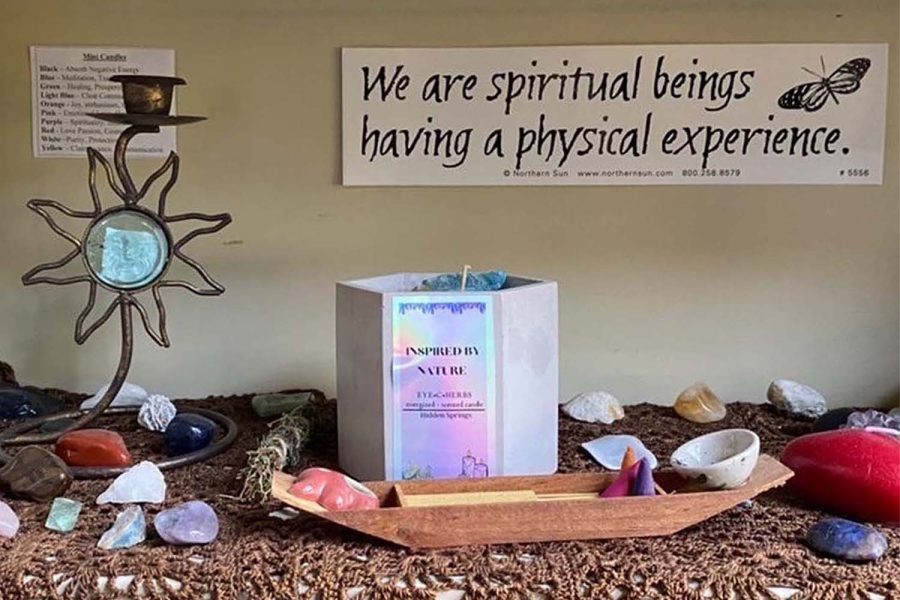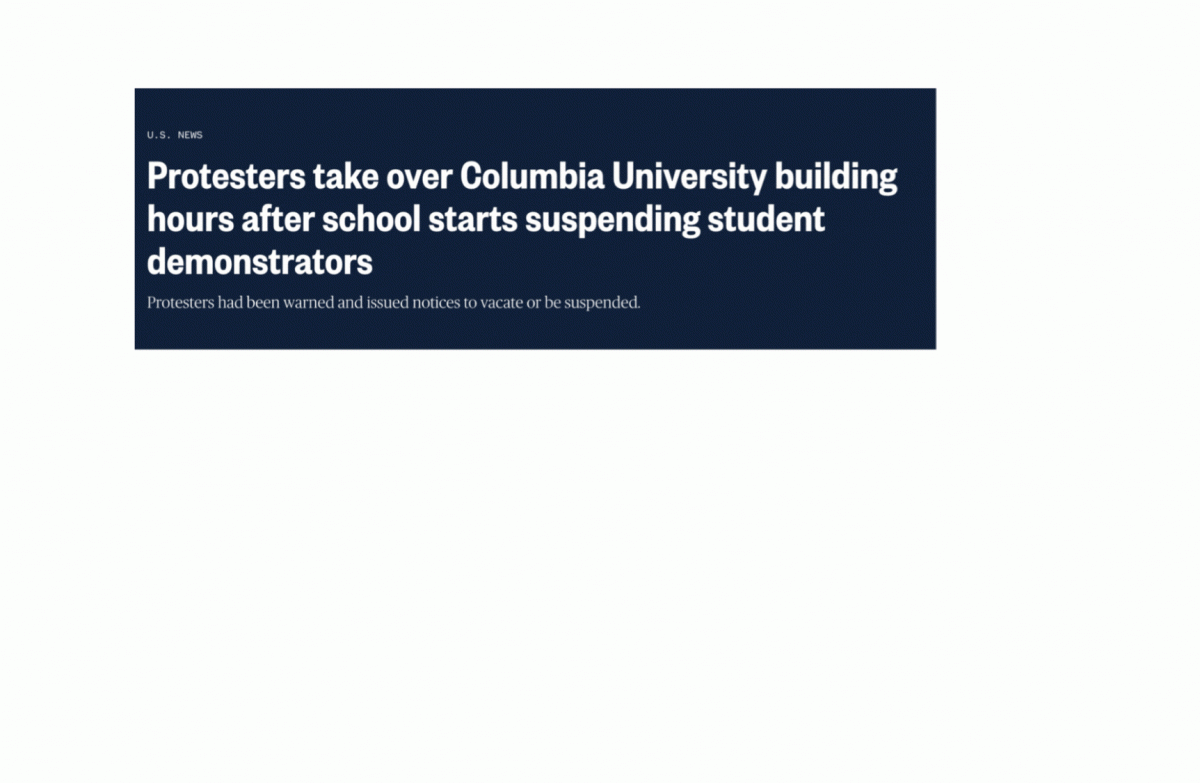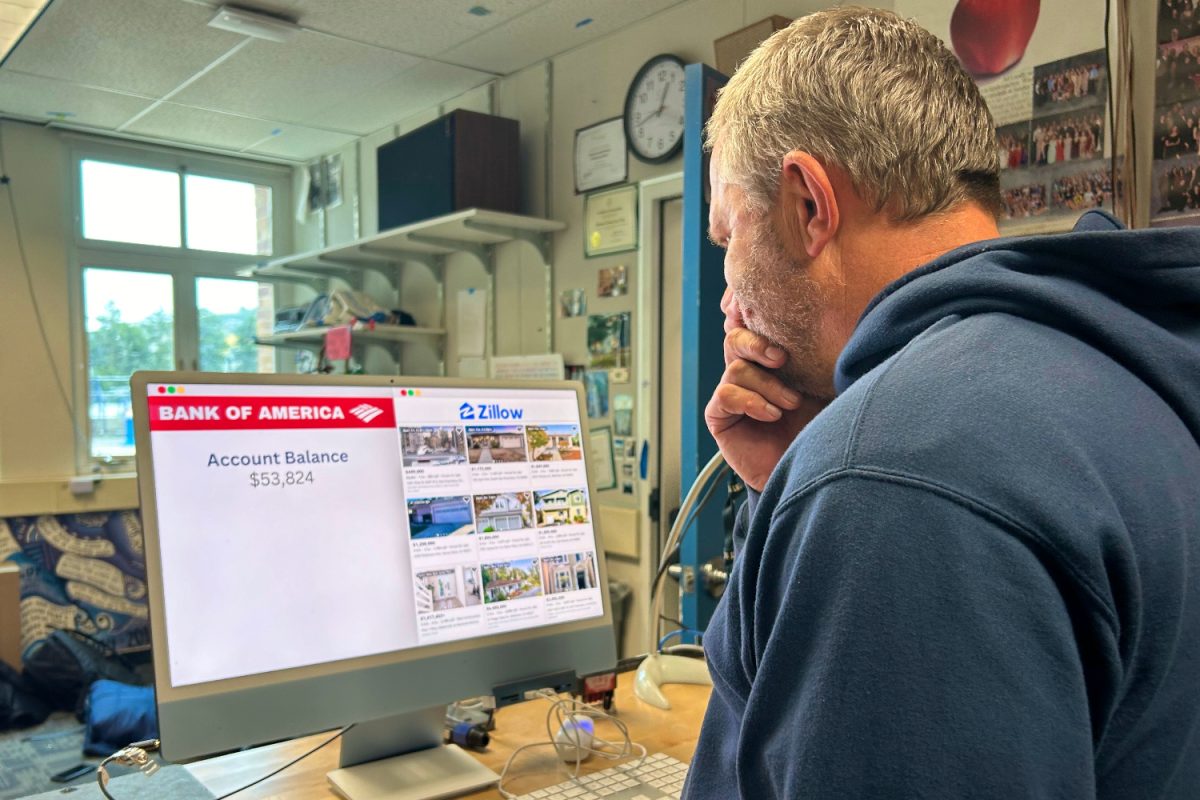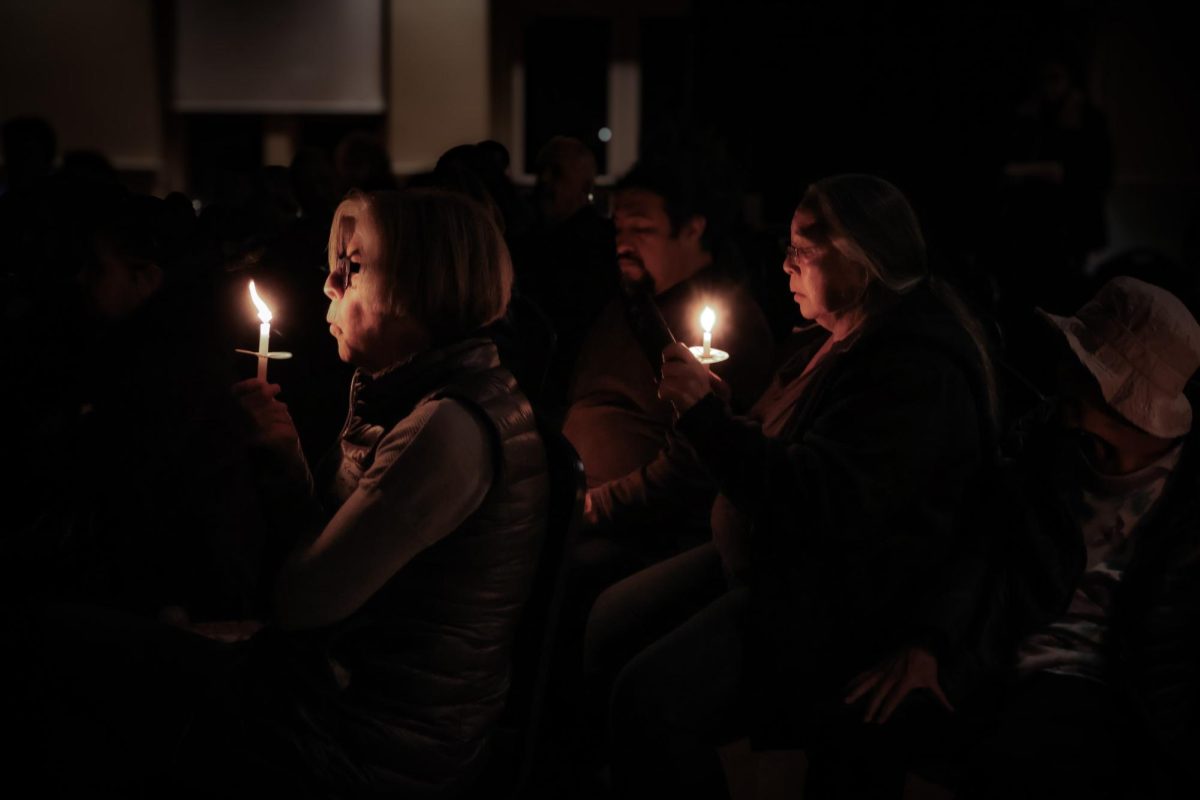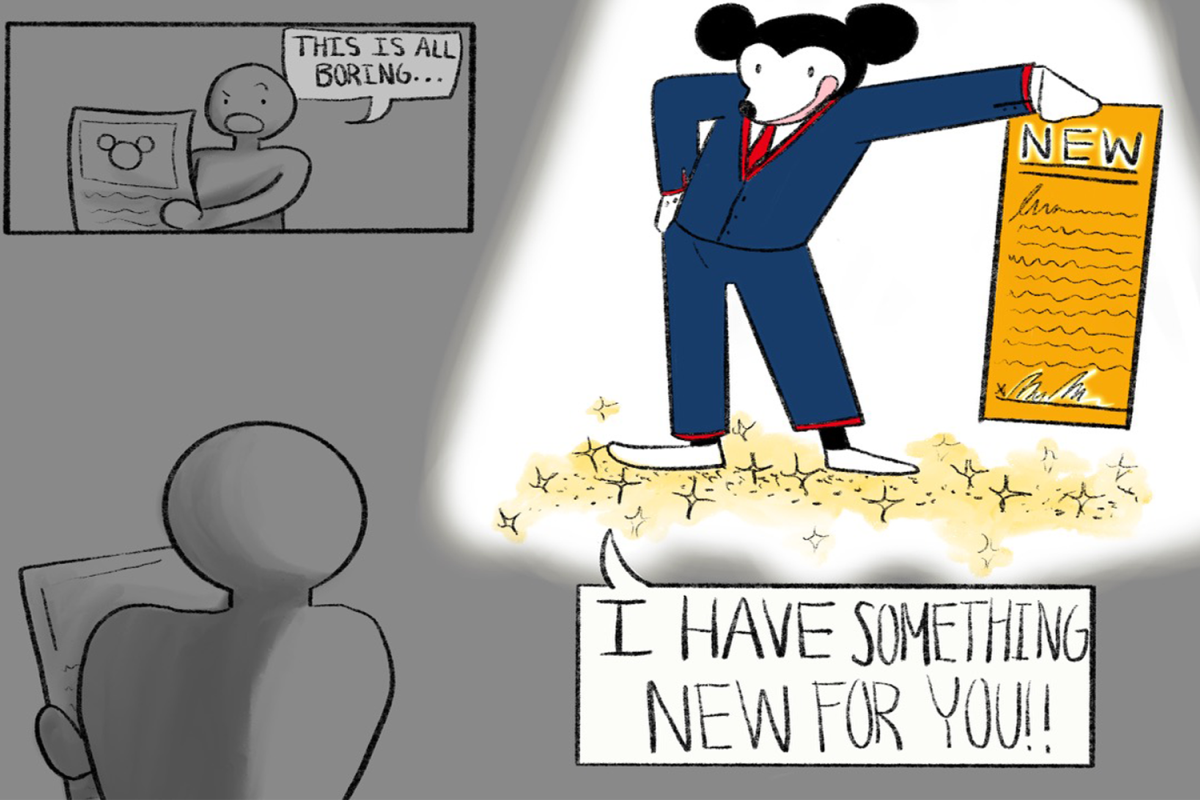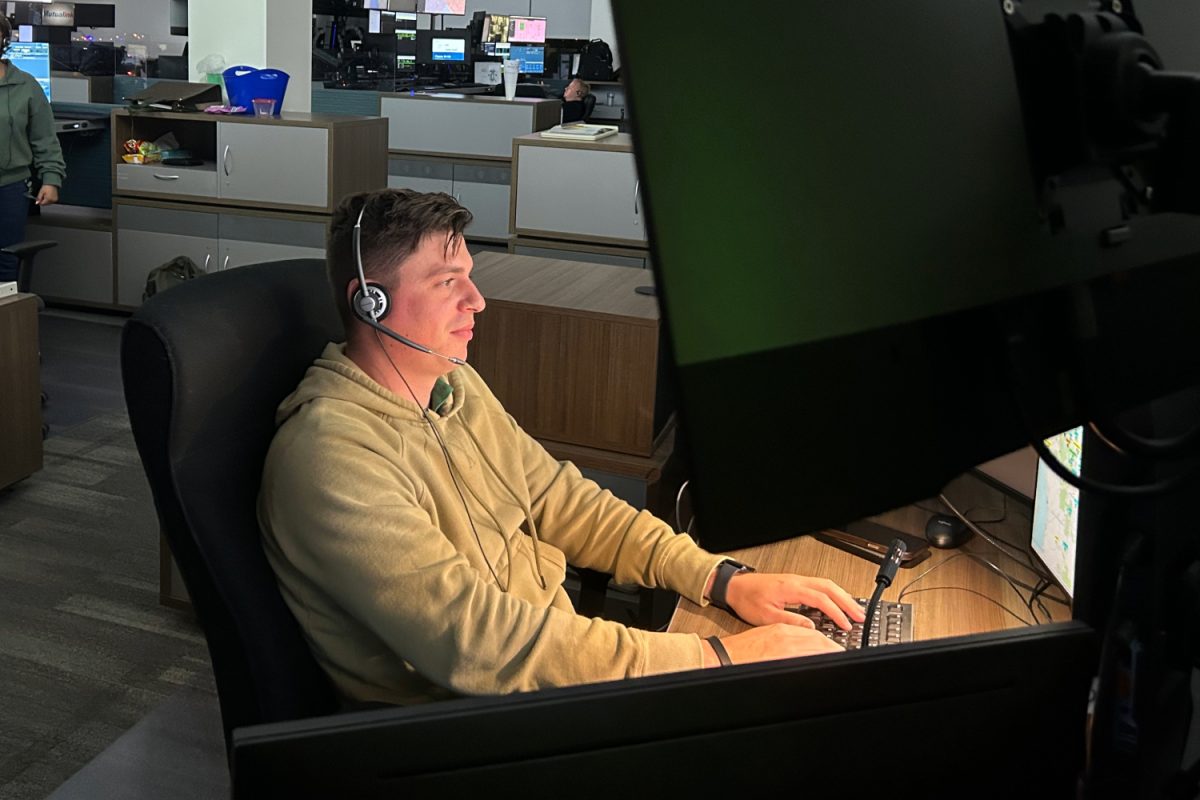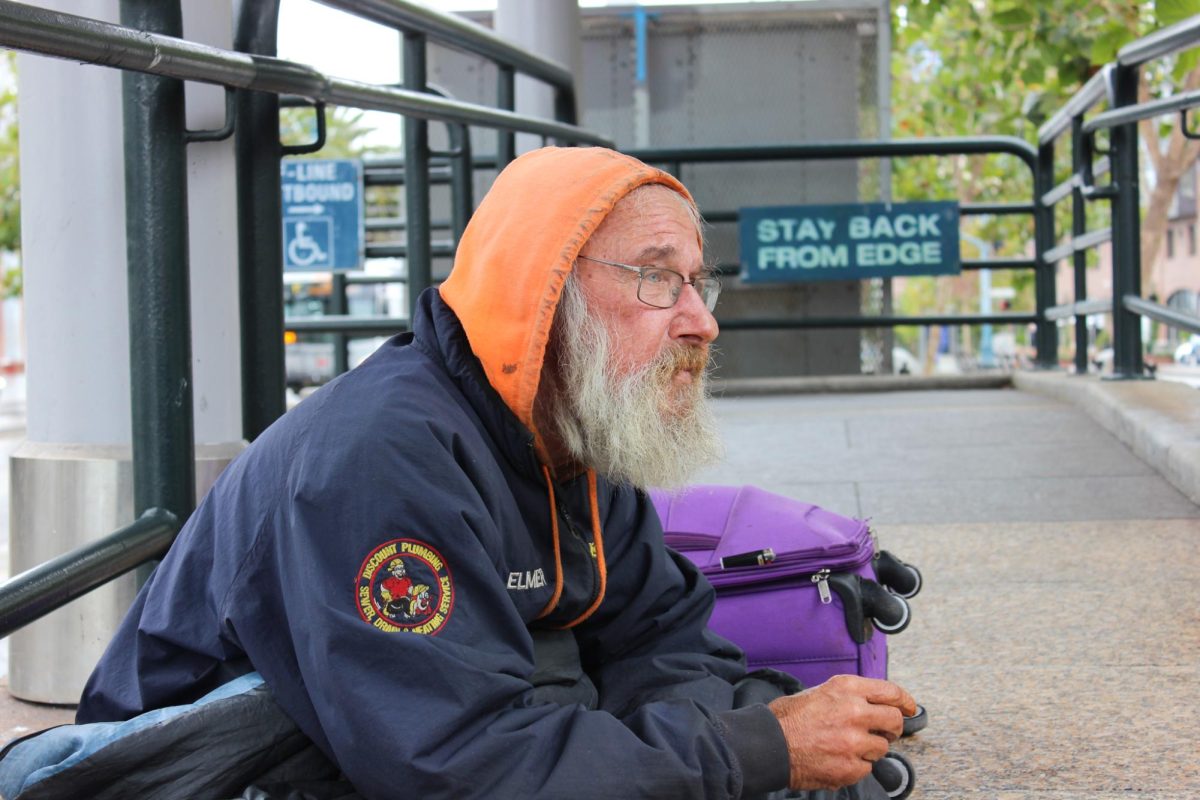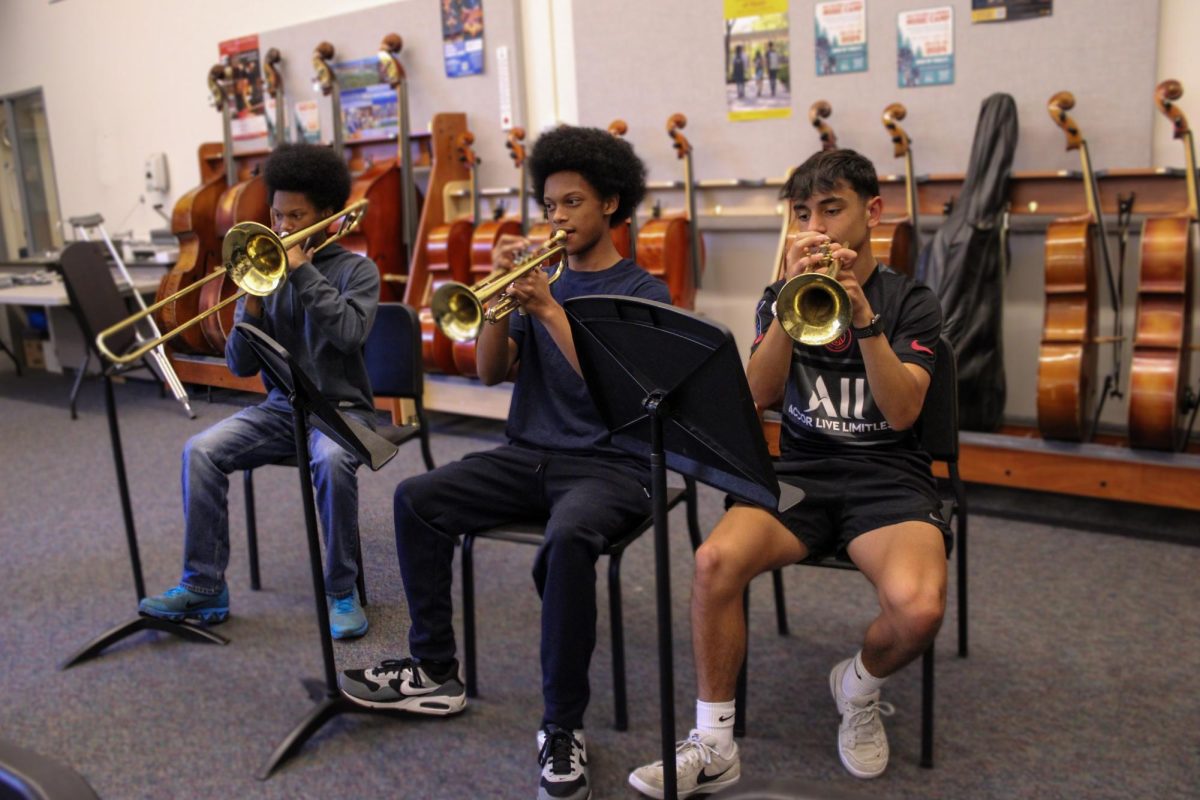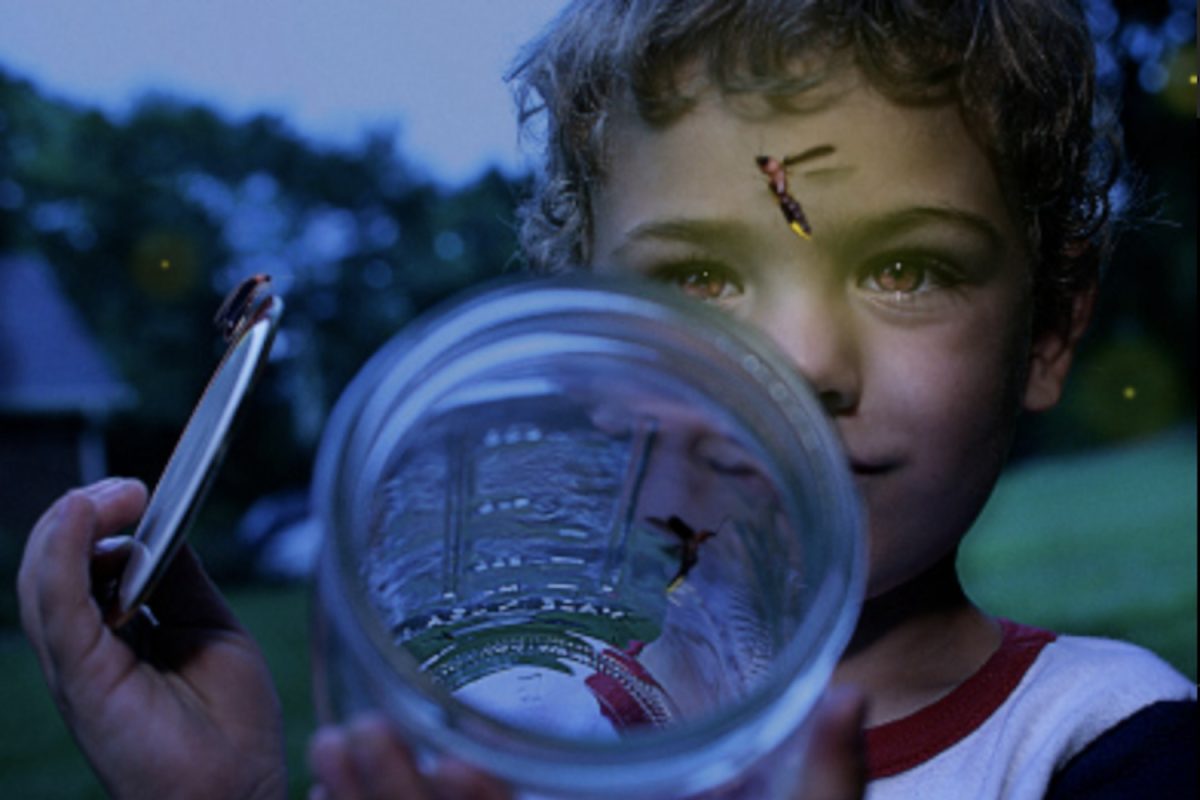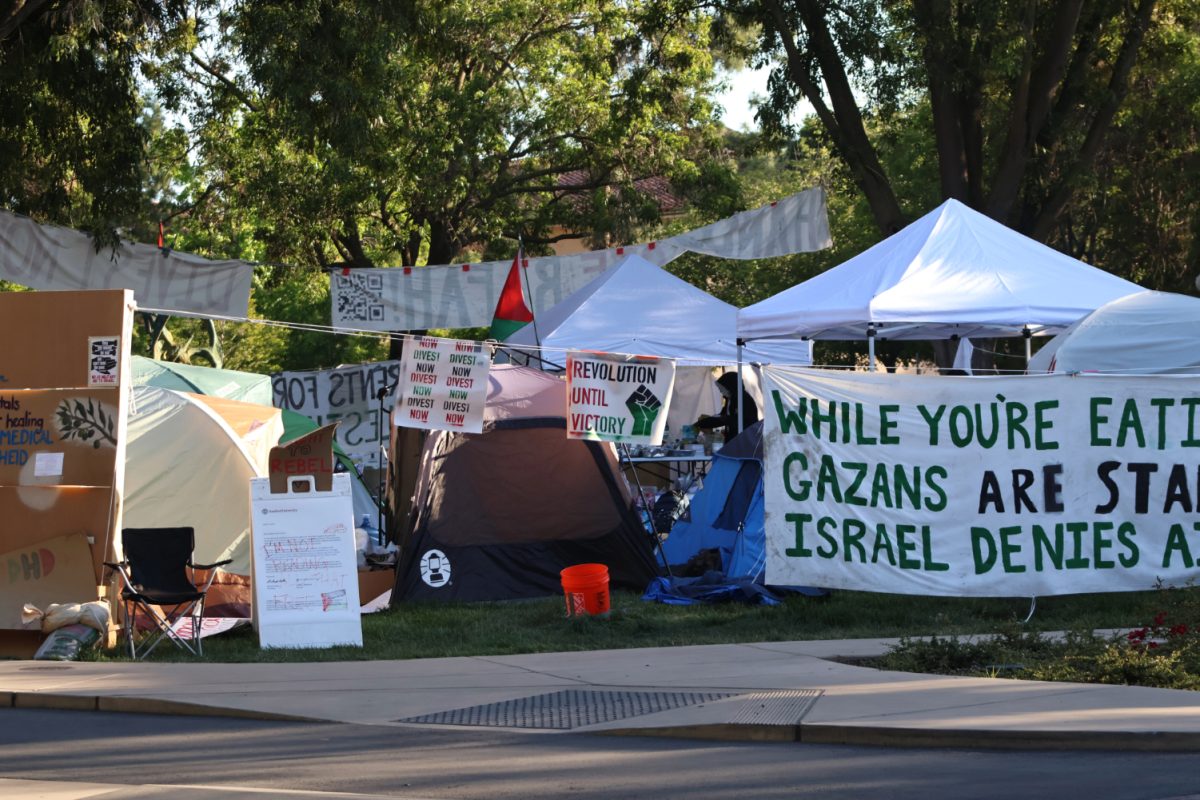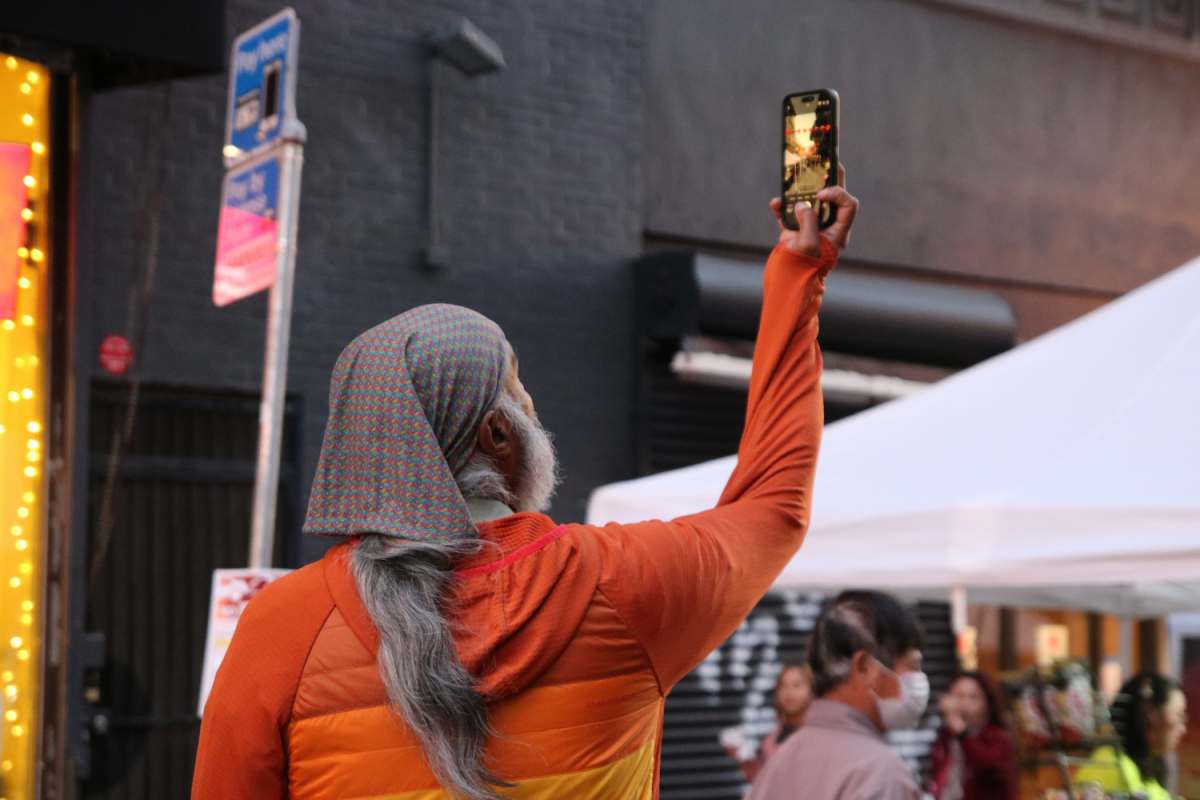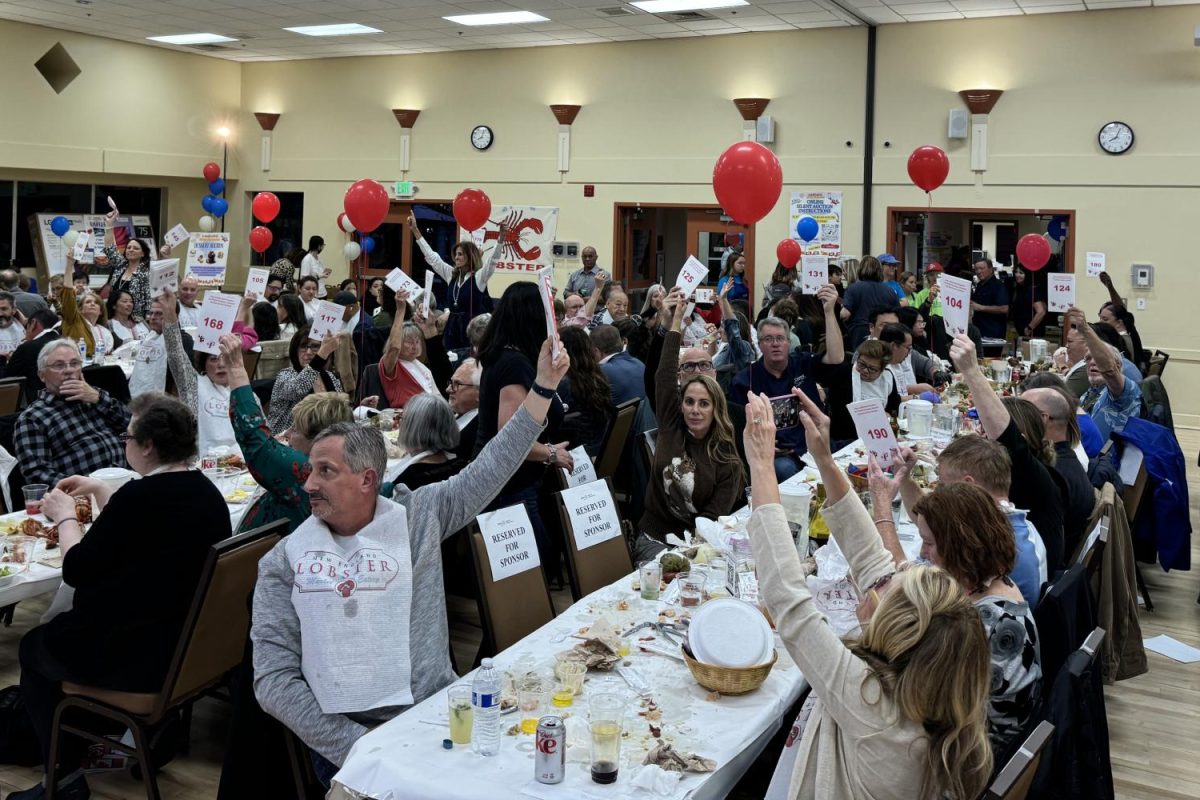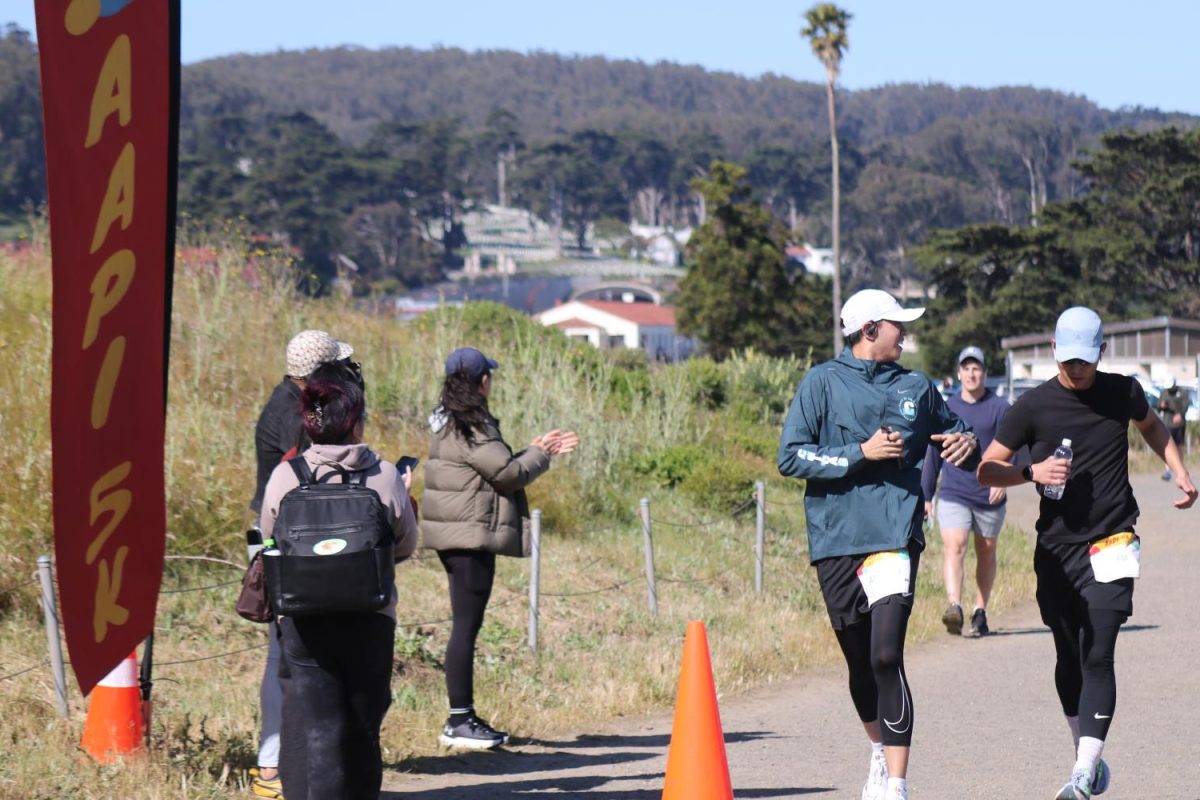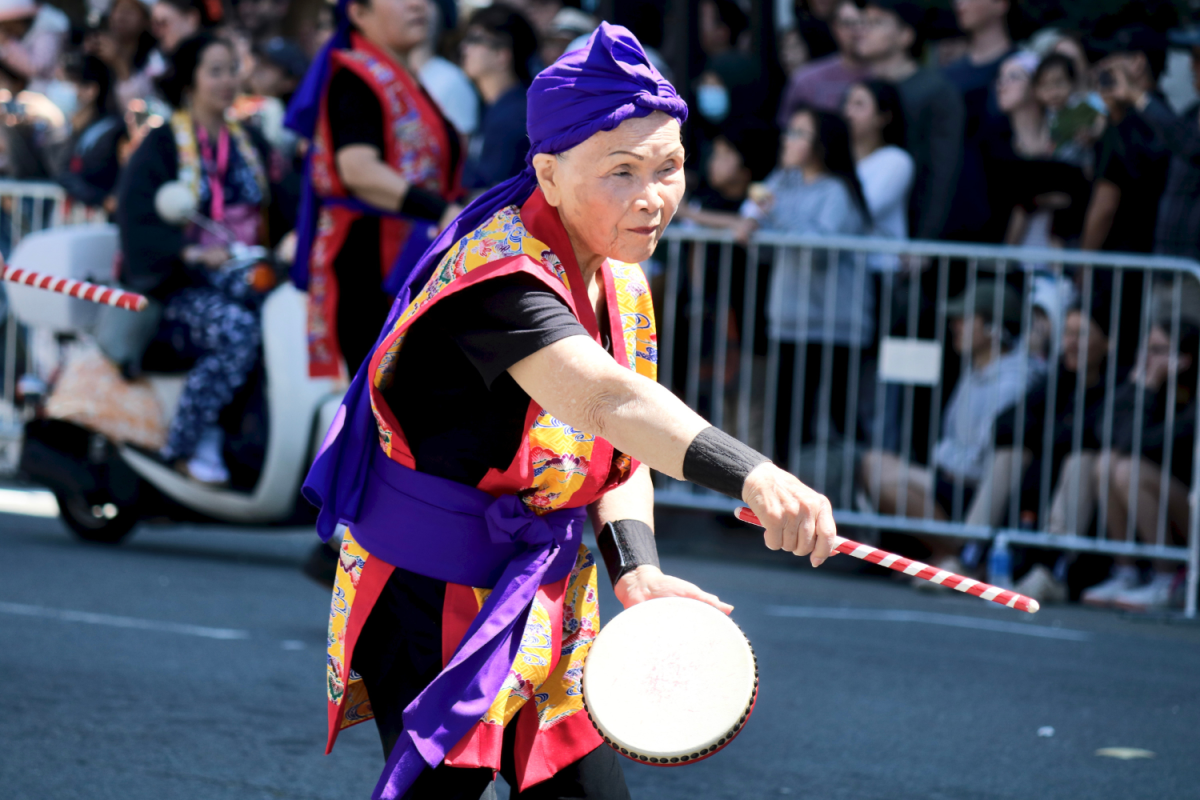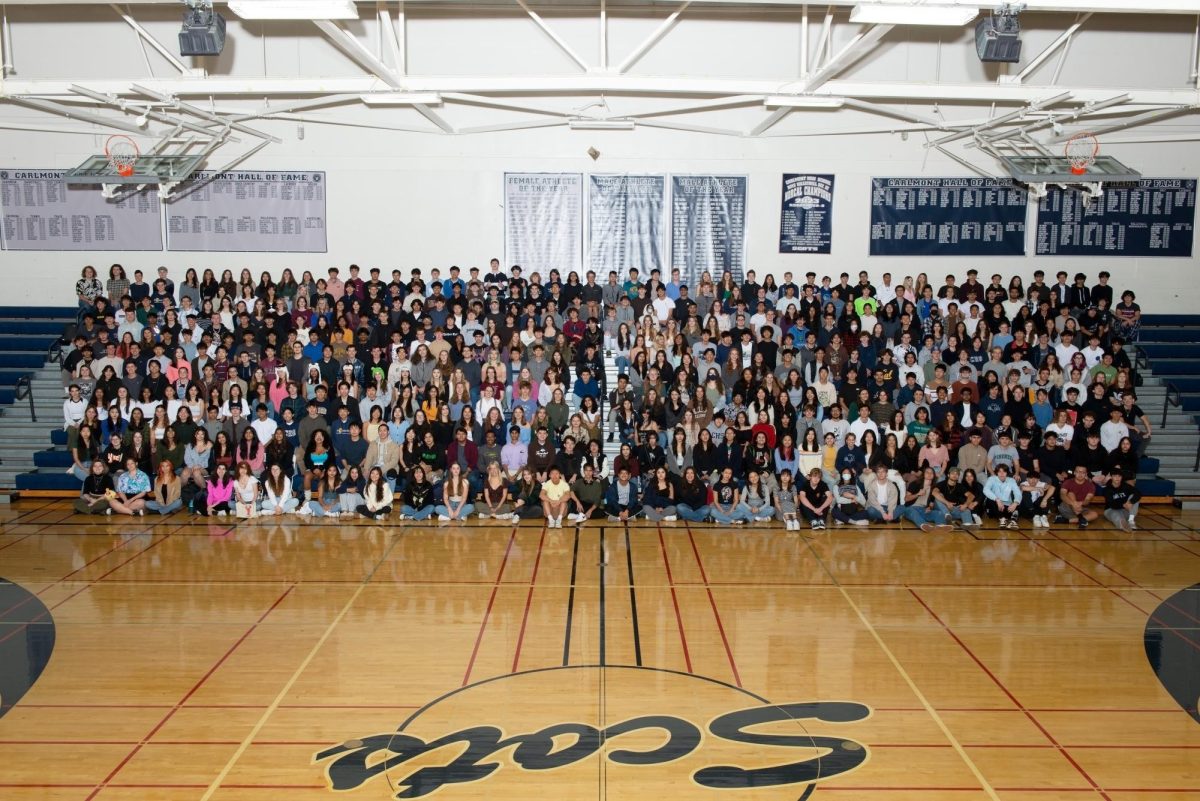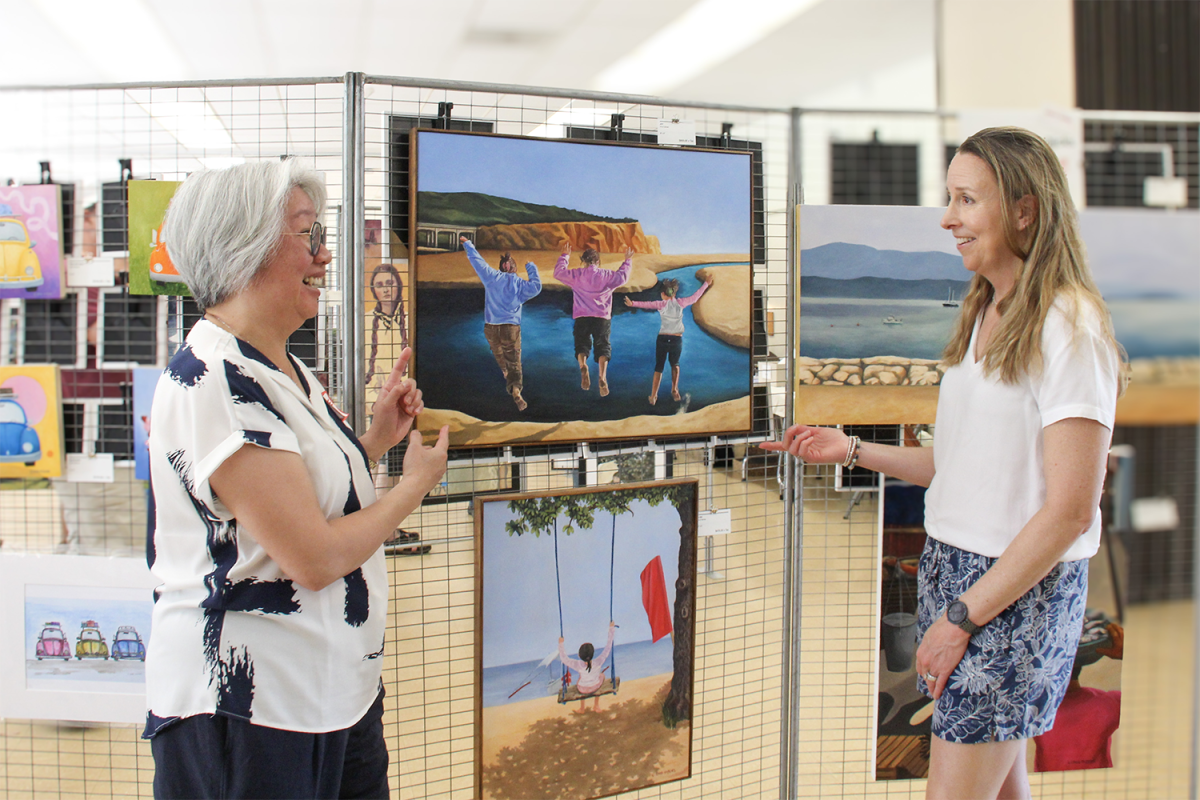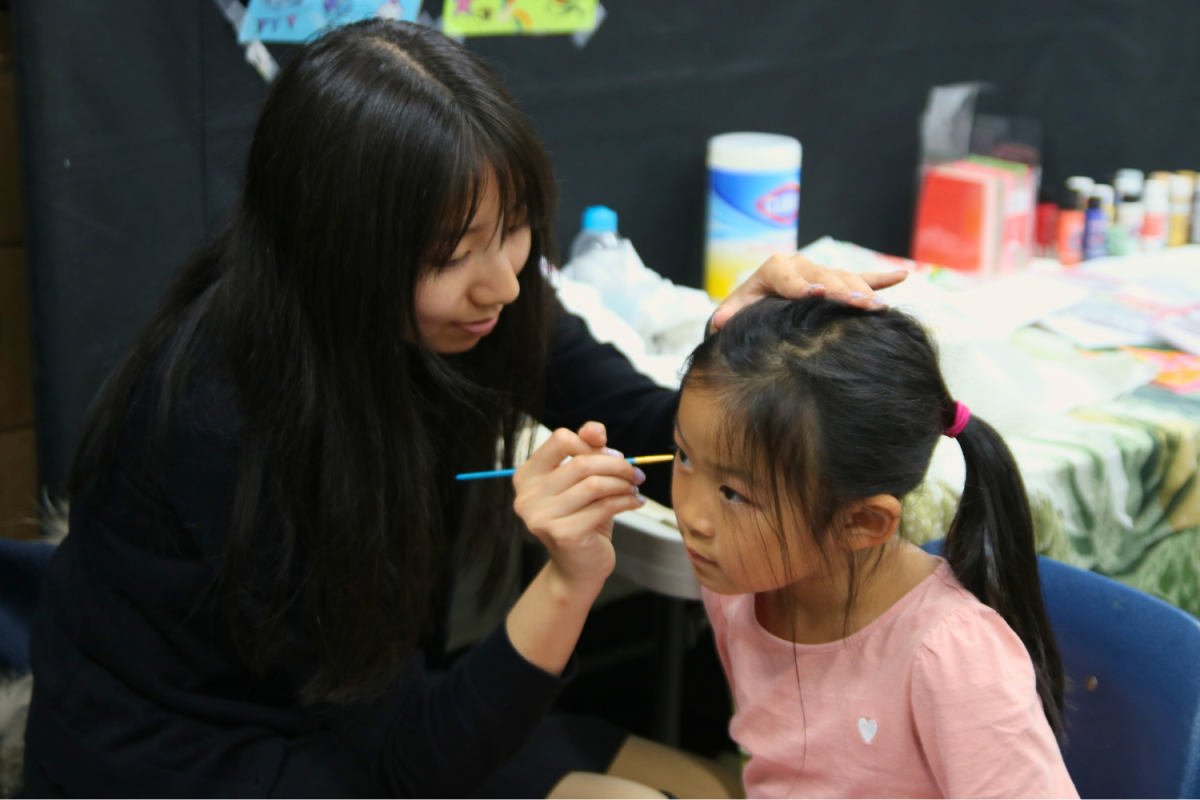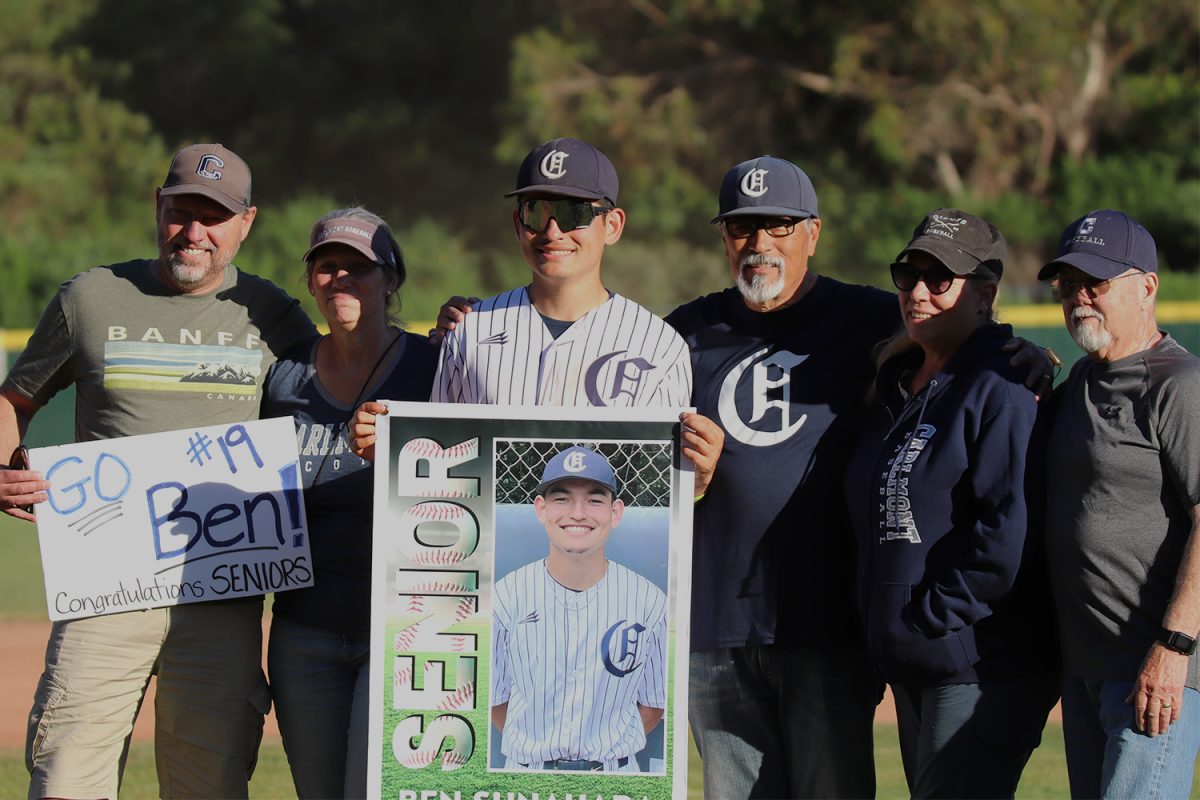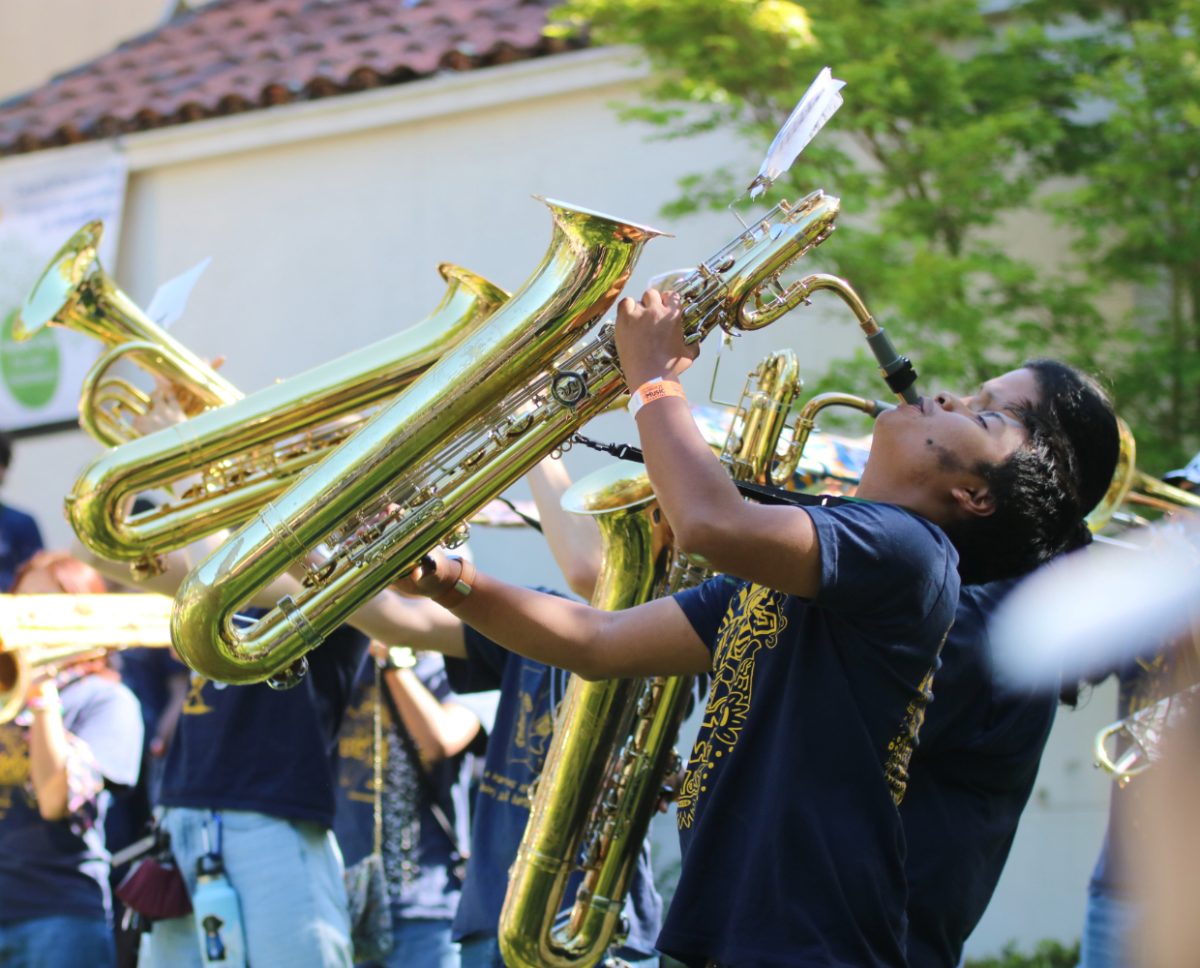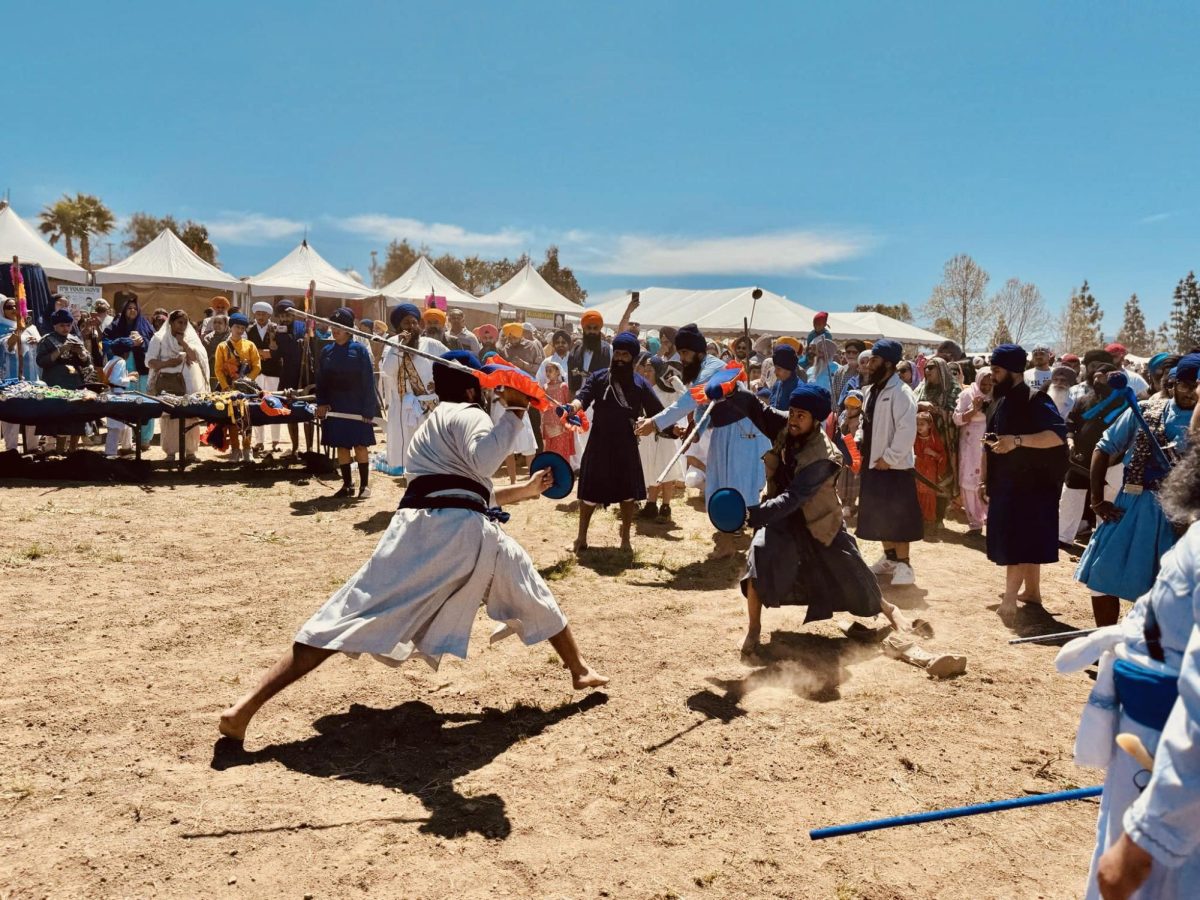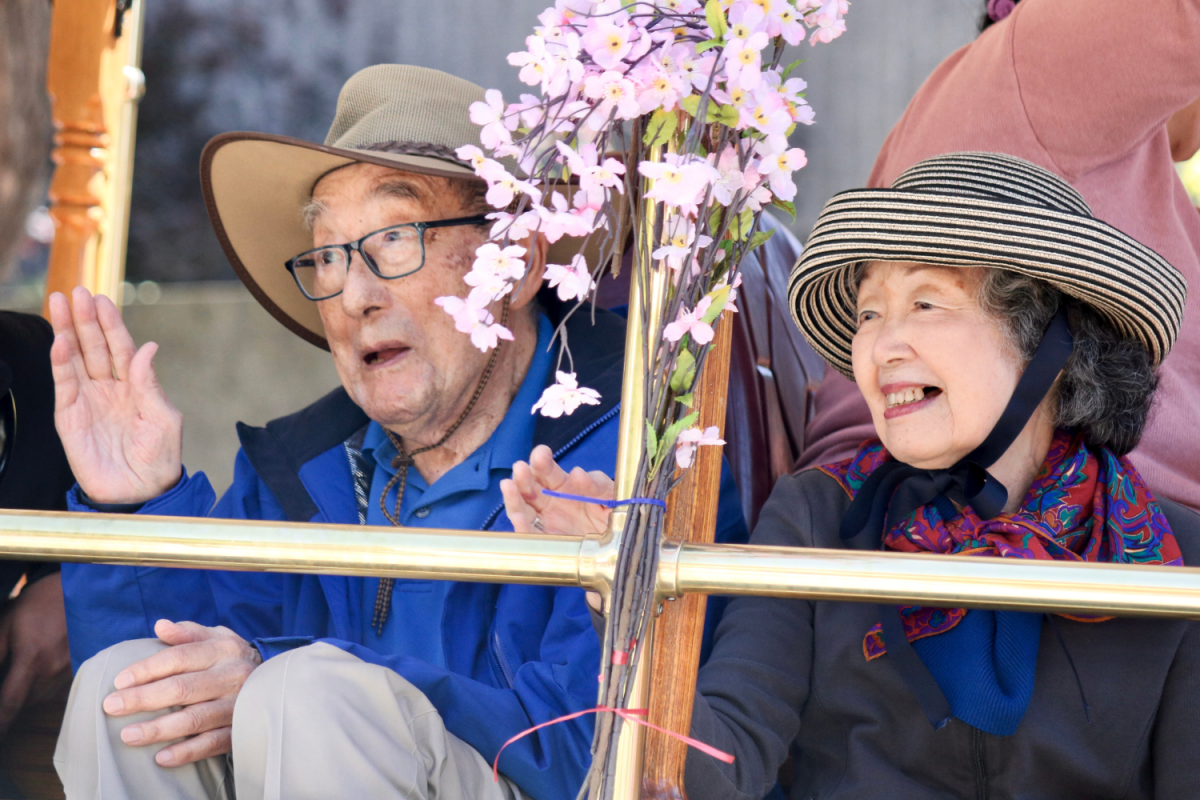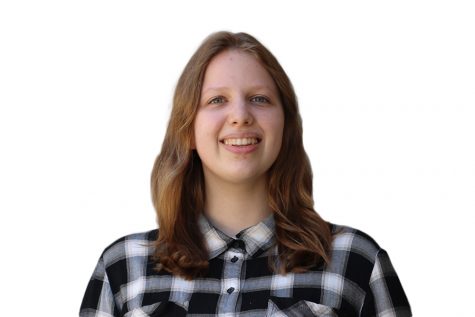Spirituality — the development of beliefs around purpose, connection, and peace, without set universal values — offers LGBTQ+ people the chance to learn more about themselves and the universe and find comfort.
Unlike specific organized beliefs and practices typically common to a group that defines religion, spirituality involves individual practice.
According to the National Institutes of Health, there is a strong correlation between religiosity and negative attitudes toward homosexuality. This correlation would help explain why queer people in religious environments tend to experience poor mental health.
Unsurprisingly, LGBTQ+ people often feel alienated from rather than welcome in religious communities, and some have embraced spirituality instead.
Georgia Kelly, a sophomore who uses she/they pronouns, was raised Catholic. Growing up, they felt pressured to learn about and conform to beliefs that “didn’t sit right” with their worldview.
“My gender identity is not entirely female,” Kelly said. “There’s something more to who I am.”
Connecting spirituality and queerness, Kelly pointed out that many people they know who practice hold spiritual beliefs also “do not conform to the heteronormative society.”
Another Carlmont student, María Valle-Remond, elaborates on a potential reason for why this connection exists, citing “homophobia and heteronormativity within the community” as an example. Valle-Remond is a senior who uses any pronouns.
“I think the connection between spirituality and queerness stems from a lot of queer people not finding organized religion to be a safe space for them,” Valle-Remond said.
Because of this, Valle-Remond says LGBTQ+ people “seek out spiritual tools and holistic ideas.” Cameron Ward, a Carlmont alumnus that graduated in 2021 and is currently a student at the College of San Mateo, holds a similar notion.
Ward, who is nonbinary and uses they/them pronouns, noted that some practitioners of traditional religions “reject” queer people. In their experience, spiritual communities act more welcoming toward LGBTQ+ people.
“The spiritual community is so loving, inclusive, [and] always goes out of its way to make you feel welcome in its spaces,” Ward said.
Traditional beliefs have historically harbored fear toward practitioners of witchcraft. So, people who are looking to practice spiritual beliefs seek them in non-traditional contexts.
At the same time, witchcraft communities have generally included mostly women. Because of this, the term witch has a feminine connotation, and witchcraft resources emphasize female witches.
Today, though, it has been accepted that witches can be of any gender. Ward generally feels comfortable using the term to describe themself due to the inclusivity of the spiritual community.
Kelly finds that using the word witch creates a simple summary of their spiritual practice by associating with “magic and the unknown.”
Valle-Remond feels “right” and powerful calling herself a witch.

There’s a lot of emphasis on masculine and feminine energies within the world. For genderqueer and nonbinary people, that can be difficult to accept when our identities exist outside of a rigid binary. I’ve used spiritual ideas to look within and realize that there’s masculine energy within me that I have to acknowledge in order to balance it with my feminine energy and feel whole.
— María Valle-Remond, senior
As a genderqueer lesbian, spirituality has allowed Valle-Remond to discover and release tension surrounding binary gender expression and its role in maintaining balance.
“There’s a lot of emphasis on masculine and feminine energies within the world,” Valle-Remond said. “For genderqueer and nonbinary people, that can be difficult to accept when our identities exist outside of a rigid binary. I’ve used spiritual ideas to look within and realize that there’s masculine energy within me that I have to acknowledge in order to balance it with my feminine energy and feel whole.”
While LGBTQ+ people can harness specific benefits from spiritual practices, it can be attractive to anyone looking for an accessible practice.
Ward said, “You don’t have to adhere to strict rules or routines,” and you can make it your own.
“Alternative spirituality has been incredible for me because it’s so flexible,” Ward said. “You can incorporate whatever you’d like into your practice: crystals, herbs, essential oils, candles, shells, rocks — whatever you have on hand!”
Valle-Remond and Kelly both appreciate the approachable nature of spirituality, especially how it allows them to practice at their own pace and explore different areas. Kelly acknowledges that their experience with alternative spirituality has been transformational.

It has helped me figure out who I am and who I want to be. My spirituality has brought me home. I didn’t know I felt out of place or like something was missing [from my life] until I started.
— Georgia Kelly, sophmore
“It has helped me figure out who I am and who I want to be,” Kelly said. “My spirituality has brought me home. I didn’t know I felt out of place or like something was missing [from my life] until I started.”
Above all, Ward and Valle-Remond agree that spirituality has allowed them to find a sense of belonging and control their lives.
“It gives me and other queer people a sense of power,” Valle-Remond said. “It makes me feel like my existence is purposeful and magical, and I think that’s something that the queer community [needs to hear more] often.”

